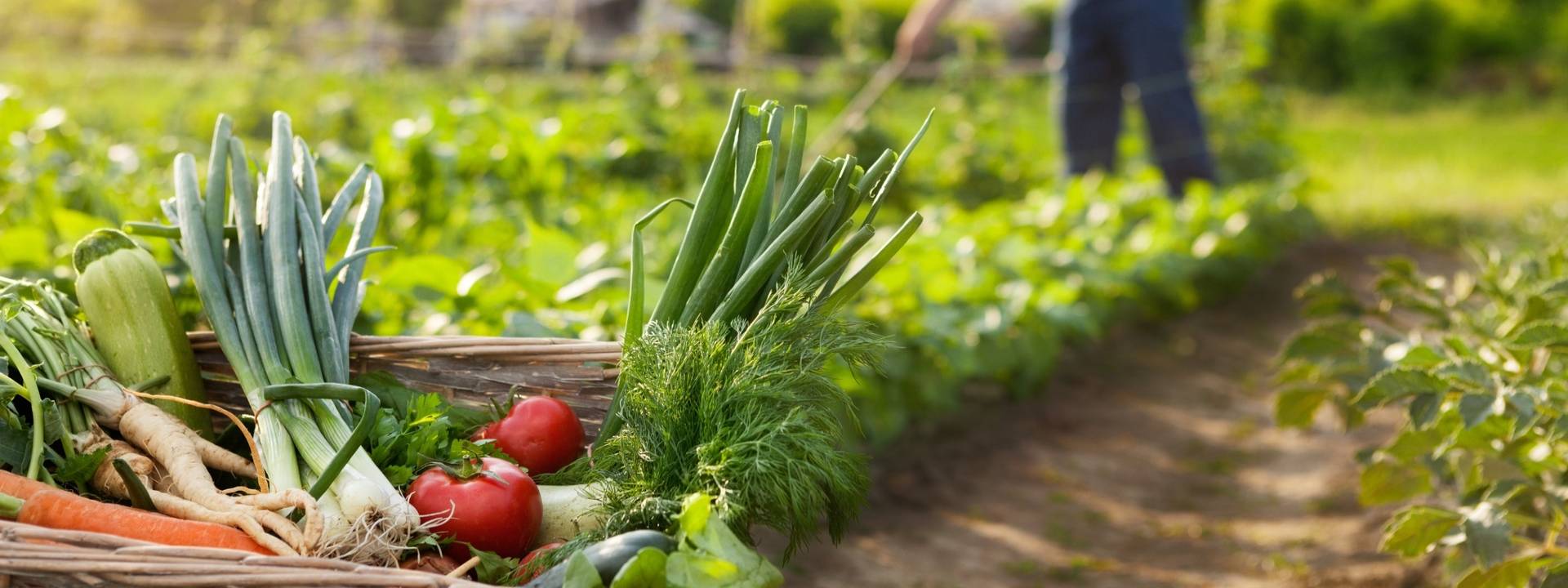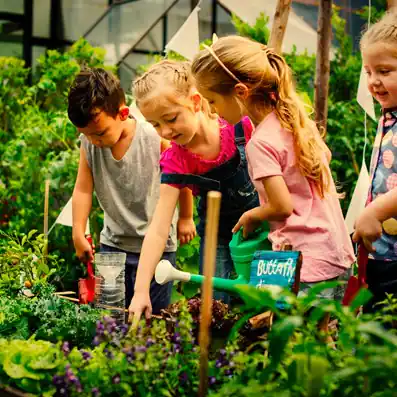Organic Farming: Paving the Way for Sustainable Agriculture in a Changing World
Organic farming has gained significant traction in recent years as a sustainable and environmentally friendly alternative to conventional farming practices. As a passionate organic farmer, I have witnessed firsthand the positive impact it can have on our food system and the environment. In this article, I will delve into the principles of organic farming, its numerous benefits, and its role in shaping the future of agriculture.
The Principles of Organic Farming
Organic farming is based on a set of principles that emphasise the use of natural methods and resources. One of the important ideas is to avoid synthetic pesticides and fertilisers. Instead, organic farmers rely on biological pest management, crop rotation, and the use of compost and natural fertilisers to keep soil healthy and fertile. This not only ensures the production of safe, chemical-free food, but it also safeguards the environment from the negative impacts of synthetic chemicals.
Another key principle of organic farming is the promotion of biodiversity. Organic farmers recognise the value of a healthy ecosystem and work to establish habitats that sustain a diverse range of plant and animal species. Organic farms provide a secure haven for beneficial insects, birds, and other animals by eliminating the use of toxic pesticides. Cover cropping, crop rotation, and the utilisation of organic matter are examples of organic farming practices that aim to build and maintain healthy soil. Organic farmers safeguard the long-term viability of their farms by nourishing the soil, which is more resistant to pests, diseases, and extreme weather conditions.
Why Organic Farming?
Environmental Sustainability:
Healthier Food:
Soil Health:
Water Conservation:
Supports Local Economies:
Climate Change Mitigation:
The Future of Organic Farming
As we face the problems of a changing climate and an expanding population, the relevance of organic farming becomes more apparent. Organic farming offers a realistic approach for reducing agriculture's environmental effect while also supporting sustainable and resilient food systems. Organic farming practices can help regenerate soil, conserve water, and reduce greenhouse gas emissions.
In the future, we may expect organic farming to play an even larger role in creating the agricultural environment. As customers grow more aware of the impact of their food choices, the demand for organic products will increase. This shift in consumer behaviour will accelerate the growth of organic farming and encourage more farmers to adopt organic practices. Furthermore, advances in technology and research will help us better understand organic farming and its potential for innovation and scalability.
Conclusion
Organic farming is a new approach to agriculture, emphasising sustainability, environmental care, and the production of high-quality, nutritional food. By following organic agricultural practices, we may increase biodiversity, improve soil health, and minimise our dependency on synthetic chemicals. Sustainability is the key to a better world!



